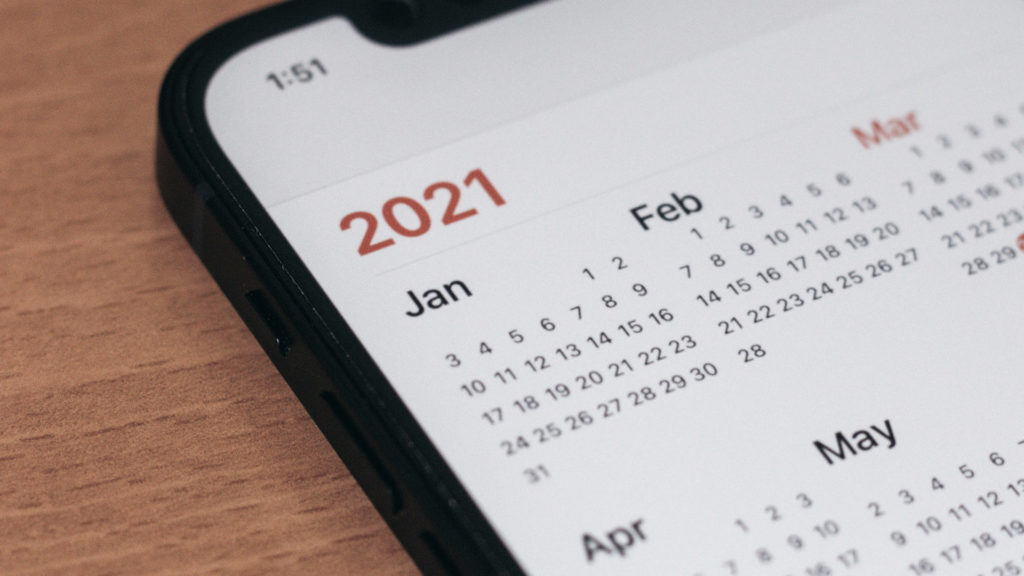by Sara Trajkovska
2021. A year that was difficult for all of us. A year that changed the lives of us all. Just when we think “it’s good, it’s enough what happened to us” then something even worse will happen. Is there an end to this? Is there a way to solve all these crises? Can we unite to overcome all these problems we face today with easier and less damage? Many questions but no concrete answers to them.
Two years have passed since the biggest pandemic that spread around the world. Two years since children and older people from office jobs switched to computers at home. Everything has changed since then. As the virus spread around the world, one of the more noticeable trends manifested itself in how many parts of the world reacted in much the same way when it came to food. From Colombia to Bulgaria, restaurants and hotels were closed – bringing in high-priced specialties – and many people stored beans and other basic products. People who previously relied on clothing and restaurants began to cook at home almost exclusively (especially when it comes to baking bread) and loaded up with affordable comfort food that provides food and intimacy.
COVID-19 had an impact on the global economy and consequences at the national level in terms of acute food insecurity in countries affected by crises. The pandemic has triggered the deepest global recession since the second world war. The outbreak of COVID-19 and the related containment measures affected worldwide trade, and also brought a collapse in oil demand and low global oil prices, detrimental for revenues of countries depending on it (WB, June 2020). The socioeconomic impacts of the pandemic, particularly in terms of income losses at the household level, are exacerbating and intensifying already fragile food security conditions. Across all food crisis countries, the pandemic is considered as a key factor that has worsened acute food insecurity and increased the need for humanitarian assistance
High levels of acute food insecurity will persist in countries with protracted conflicts by limiting access to livelihoods and agricultural fields, uprooting people from their homes, and increasing displaced populations’ reliance on humanitarian aid for their basic needs. Even if there is some hope that peace negotiations or ceasefires may lead to a reduction in violence and improvement in security conditions in some countries in 2021, economic recovery from protracted conflict takes years. With the COVID-19 pandemic still not under control, many households will face reduced incomes associated with limited labour wage opportunities and delays in payment of government employee salaries. If there is no improvement, the economic consequences may become more severe as the year progresses. In net food-importing countries, weakening currencies will continue to push up food prices and further curtail purchasing power.
The pandemic-induced slump in economic activity is deep. Consumer spending, investment, and export demand have tumbled. And central banks tied down by zero interest rates are losing their most effective stabilisation policy instrument. Consequently, the burden falls on fiscal policy. When Covid-19 hit, supply chains and production were disrupted. But the bigger impact of the pandemic has been on the demand side – the desire to invest has plunged, while people across the richer parts of the world are now saving much of their income.
As the Covid-19 crisis hit advanced economies at the time that the central banks’ policy rate was at the lower bound, this rendered monetary policy weakened as a stimulus tools to assist the recovery. The pandemic shock also has been uneven in it’s effects on various income groups, and monetary policy is not designed to deal with these income gaps. As a result, fiscal policy has been the only way to deal with the recession and the relief to some segments of the society which was called for. The US has been outstanding in this respect.
If you’d asked about how to improve global health security pre-Covid-19, I think many of us would have focused on poor countries, places with low capacities. But Covid-19 went backwards and hit the rich world first.
So one thing is rethinking our idea of global health security – that it’s not like the rich world will be completely fine and the poor will suffer. Many poorer countries have done remarkably well so far, ahead of European countries and the United States. We all have something to learn from each other, instead of just instructing poorer countries on what they should be doing better in crisis.
Second is prevention. Overreacting to an outbreak is better than waiting around and seeing how things play out. I think if countries had all reacted preemptively in January and February, we wouldn’t be in the current situation. Many places stepped back and said, we’ll see what happens, and we still see that constantly. Public health for me is all about preventing something, responding quickly and then taking the heat later when people say you overreacted because the crisis never developed.
COVID-19 turned the world upside down. Everything is affected. How we live and communicate with each other, how we work and communicate, how we move and travel. Every aspect of our lives is suitable. The decisions made now and in the coming months will be one of the most important made in generations. They will affect people around the world in the years to come. It is imperative that the governments that make those decisions have access to the best information available. During this crisis, the international statistical community has continued to work together, in partnership with national statistical institutes and systems around the world, to ensure that this problem is addressed as quickly as possible and that at least 50% of us return to normal life we had it before.
